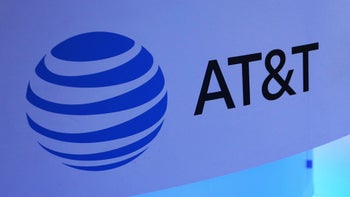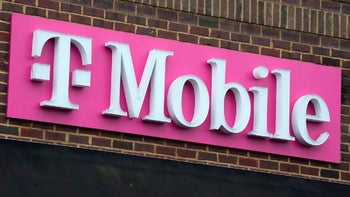Danger HipTop

Founded in January 2000, Danger, Inc. is a privately held company based in
Danger provides an end-to-end mobile applications platform which includes a back-end service, a framework that uses standard development tools, and hiptop hardware designs. The integrated Danger solution enables wireless service operators to enter the market quickly with compelling products and services.
Danger announced the Hiptop last September at the DemoMobile trade show in
The hiptop is a live device that seamlessly connects to wireless networks, providing consumers the freedom to browse the Internet, exchange instant messages, and send and receive email with attachments. Additional hiptop features include a full-featured phone, personal information management (PIM), entertainment applications, and a camera accessory.
The Danger solution is designed to provide a low-risk, future-proof platform for content and service delivery. The hiptop will be introduced to the consumer market in late Spring 2002 for around $200, though final pricing is up to the carriers. Danger will start partnership with Voicestream Wireless, which will be starting trials with the Hiptop within the next month on its GSM/GPRS
» Design
Hiptop measures 4.5 inches by 2.6 inches by 1.1 inches and weighs 5 ounces, which is comparable to similar devices such as the Motorola Accompli 009. Data entry is accomplished by a small Qwerty keyboard hidden under hiptop's display. Unique to hiptop is the display, which is always visible and rotates out of the way to unveil the keyboard. The 2.6-inch (measured diagonally) display has a resolution of 240x160 pixels and supports 16 shades of gray.
Applications for hiptop are written in Java and compiled into a specific format for the device. An ARM 7 processor running at variable frequencies ranging from 2 MHz to 66 MHz delivers the required computing power. The core operating system and applications are stored on 4MB of flash ROM, which makes future upgrades and enhancements possible. Data storage is found in 16MB of RAM.
For ports, the hiptop includes USB, IrDA, and an interesting accessory port. The accessory port supports a hands-free kit but is also used for an optional camera attachment.
Hiptop will operate on the GSM 1,900-MHz network with support for GPRS. Hiptop is more of a messaging and Web tool than a cellphone, so its debut on the packet-based "always on" GPRS system is understandable. Danger provides over-the-air PIM synchronization as well, so the higher speed makes the experience much more pleasant. Now, GPRS may seem torpid compared with what 3G promises, but keep in mind that 171 kilobits is still three times as fast as a dial-up modem on a personal computer. And for most simple uses, such as checking e-mail and searching Web sites, 3G speed is overkill.
The open display might be easy to brake but Danger says it has tested the hiptop to 20,000 open/close cycles with no failures. With the display open, the hinge supports 11 pounds of weight and the LCD is encased under polycarbonate, the same material used in the face shields on motorcycle helmets. In case you brake it, the LCD display is replaceable for the price around $80.
Danger provides an integrated solution for wireless service operators consisting of a back-end service, a standards-based platform that uses programs written in Java, and hiptop hardware designs. The Danger solution is designed to evolve with advancements in hardware, software and network standards, providing a low-risk, future-proof platform for content and service delivery. The resulting infrastructure is highly flexible and enables service providers and application developers to introduce products and services to market quickly. The Danger architecture provides a new level of remote application and device management, improving the consumer experience while reducing support costs.
Full-featured mobile phone: can place against ear OR use headset
Internet Access: HTML Web browsing
Email with attachments (PDF, Word & image)
Instant messaging (All types will be supported by the hiptop platform)
Personal Information Management: Address Book, Calendar, To Do, Notes and Games
Digital camera accessory (plugs into Accessory Port)
The keyfeatures and benefits of the hiptop device are:
Easy to use and fun (end-to-end integration of voice and data applications)
Media-rich user interface supports graphics and sound
Large screen that flips open to expose a QWERTY keyboard
Easy to Navigate: data navigation with or without keyboard using glowing Push Wheel
Affordable (targeted to be under $200half the cost of the closest competitor)
MIDI synthesizer for quality sound
Multi-tasking allows the user to perform more than one task at a time
Customizable ring tones and alerts allow users to personalize their hiptop experience











Things that are NOT allowed: